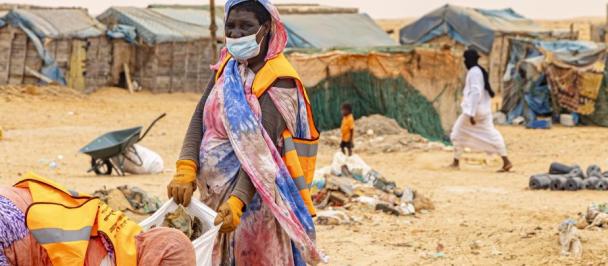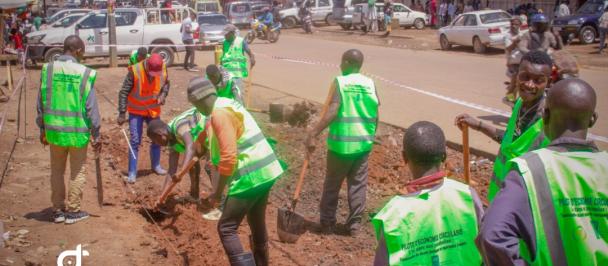From Conflict Resolution along the Transhumance Corridor to Agrometeorological Data: The Power of Feedback in Collective Intelligence
24 avril 2023
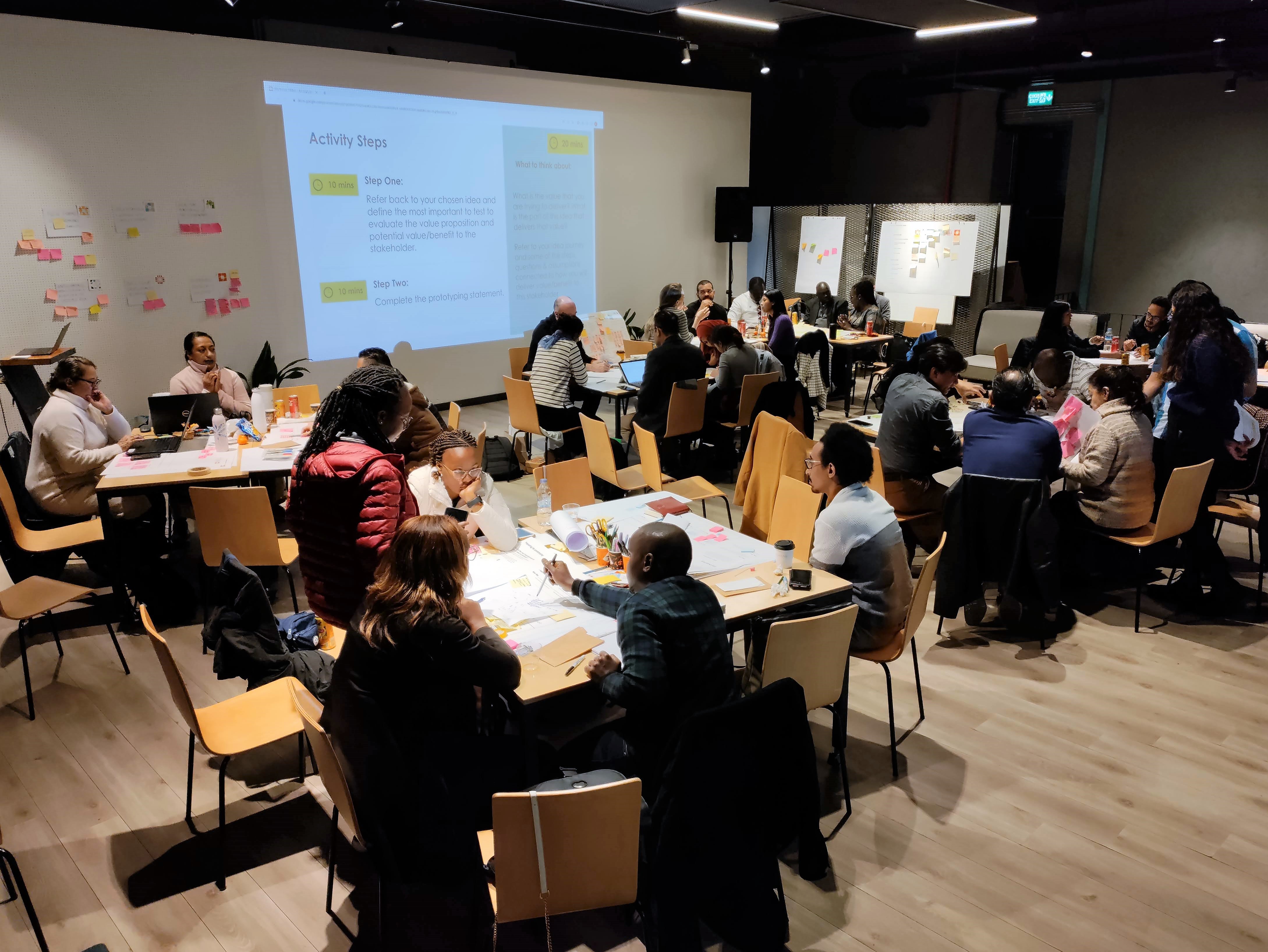
15 Accelerator Labs attending the CI 4 CC workshop
At the workshop in Istanbul held from 23 to 27 January 2022, we explored how collective intelligence can be used to tackle climate challenges. Collective intelligence is a powerful tool for addressing climate crises by bringing together diverse perspectives and expertise to create innovative and effective solutions. It builds public awareness and engagement around the issue and fosters greater collaboration and cooperation among different stakeholders. The workshop was a unique opportunity to learn about the 15 accelerator lab’s methods for working and how they prioritize community participation using collective intelligence.
Building on previous work, UNDP began a new Collective Intelligence learning track and research in November 2022 to codify collective learning across multiple contexts with a focus on climate change. Fifteen UNDP Accelerator Labs participated in a five-day in-person workshop, co-led by members of the Global Accelerator Lab team and Nesta's Center for Collective Intelligence. The workshop aimed to create and test value propositions for the identified climate crises faced by each country team. They had the opportunity to share and explore their identified climate challenges through peer-to-peer support, and to explore a range of Collective Intelligence approaches and ideas to create their first prototype and further research agenda.
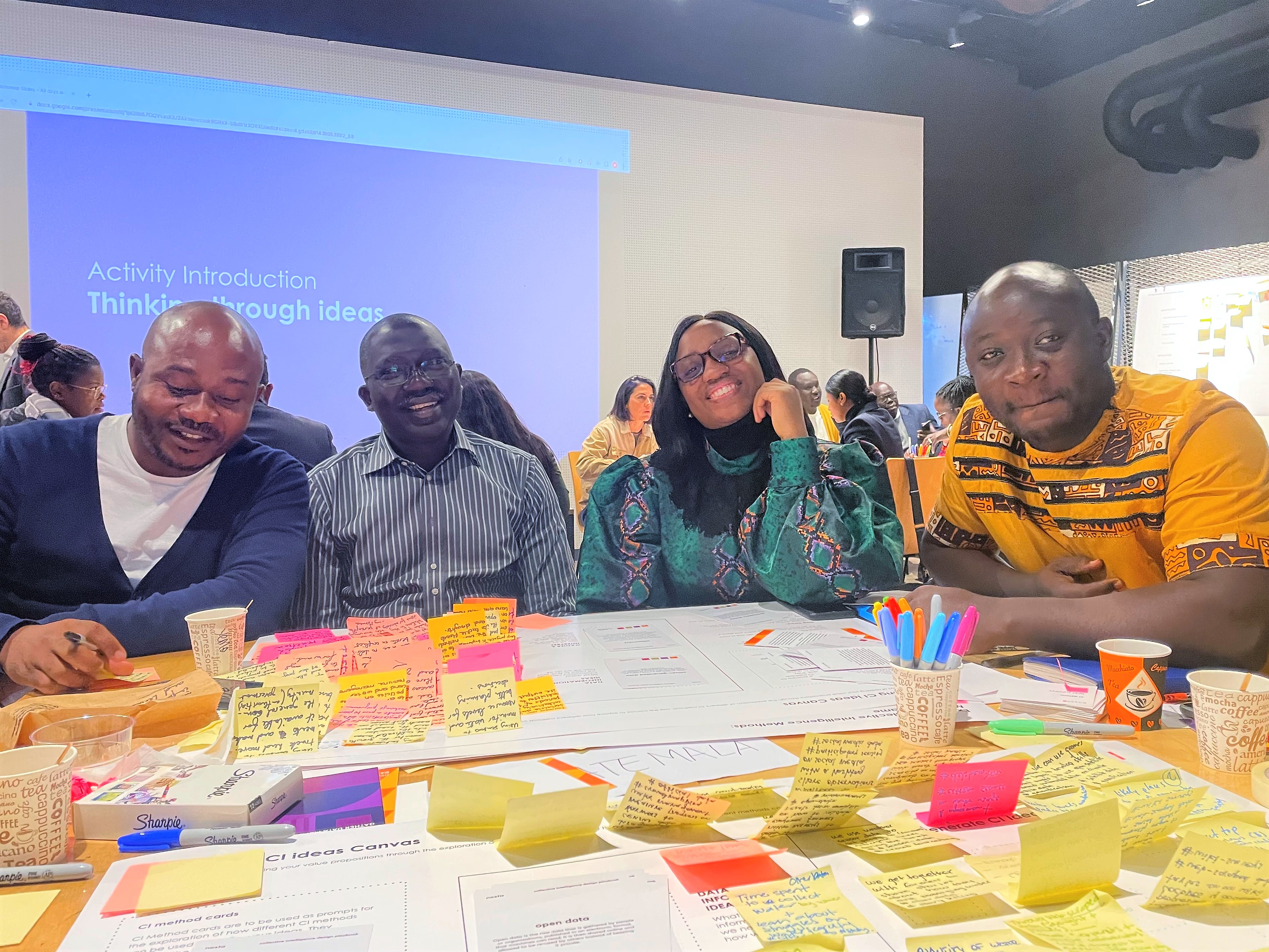
Accelerator Lab and AfYWL Fellow Daizy Njonguo, the Togo participants to the CI 4 CC workshop
The workshop started by discussing the advantages of using collective intelligence to fight climate change, covering all aspects from studying use cases to creating prototypes. We developed a value proposition for collecting and analyzing data from cultivators and herders to ensure fair access to land and water resources and timely knowledge on the available resources. The workshop also highlighted the importance of avoiding technical jargon and keeping things simple. We learned about different types of prototypes, including feasibility and those using real data. We also discussed the importance of involving people in planning, exploring, mapping solutions, and implementing change to ensure the success of the test phase.
Before proceeding, we shared the value proposition with the entire environmental unit of the Togo CO for validation. The feedback we received was instrumental in helping us pivot from conflict resolution along the transhumance corridor towards obtaining data for agrometeorology. It was a reminder of the importance of testing ideas with people from different backgrounds and experiences and being open to feedback that can help refine and improve our solutions.
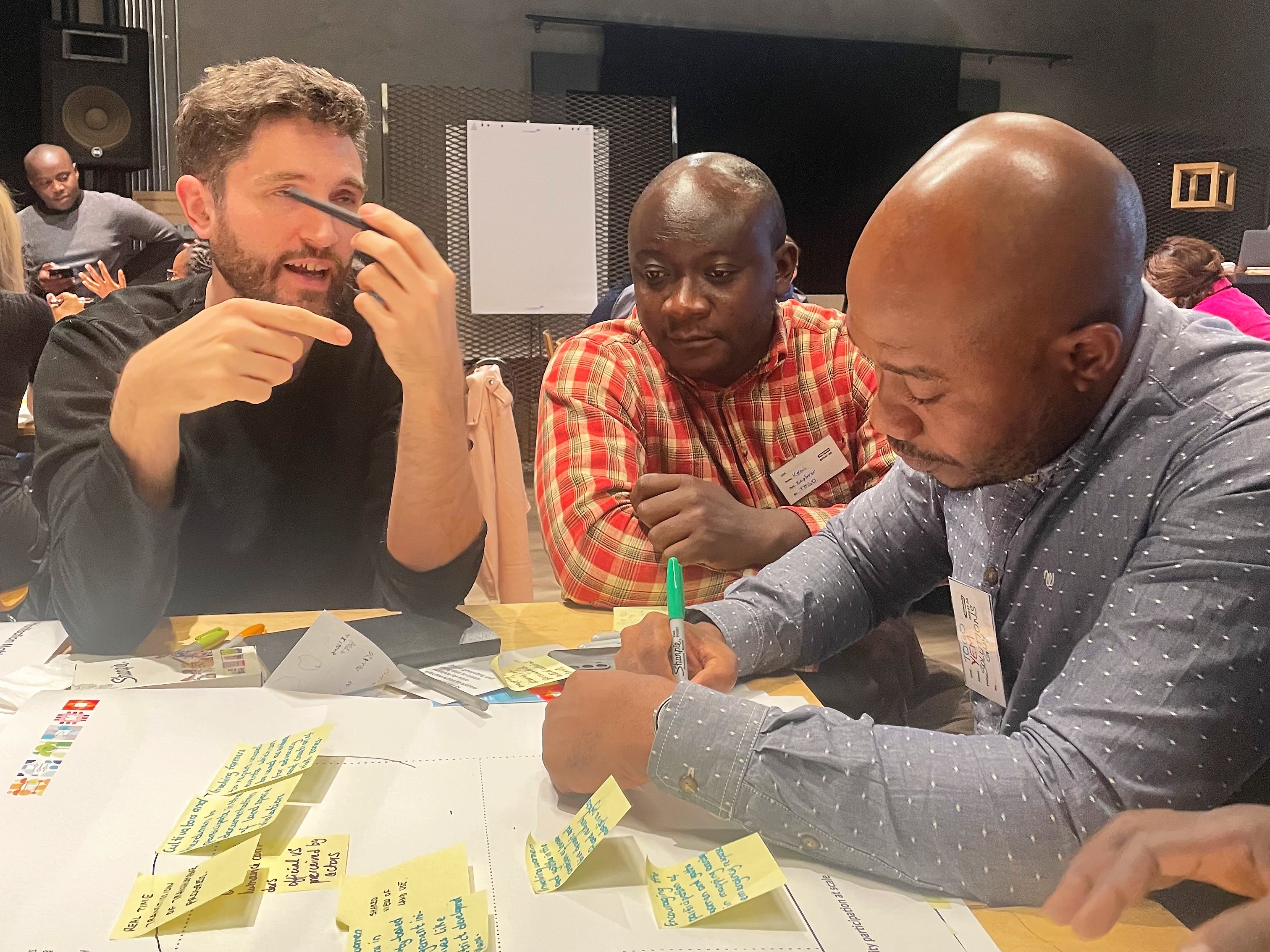
Accelerator Lab Togo and Jeremy Boy, brainstorming at the CI 4 CC workshop
Through collaborative interactions with colleagues, we were able to pivot and undertake the following steps: first, we had a meeting with key actors involved in agricultural sector, then we collaborated with the university's climate research center, and finally, we identified a pilot community for our research. As a result of this new development, the national meteorological agency has become one of the major key players in our project. Our hypothesis is that we can improve agricultural productivity by providing meteorological data to inform seasonal decision making for farmers and we plan on testing this hypothesis in our pilot community.
The workshop was an eye-opener and gave us a new perspective on how to tackle climate challenges using collective intelligence. The Acclabs’ approach taught us the importance of involving the community in decision-making and the power of feedback to pivot and improve solutions. The regular sharing of research results from these 15 accelerators is also a powerful tool for continuous improvement to the whole network. We are confident that the value proposition we developed and refined through feedback will be a significant step towards climate action in Togo.

 Locations
Locations

